Bonefish & Tarpon Trust is pleased to welcome Noah Valenstein to the Board of Directors.
A founding partner in the consulting firm Brightwater Strategies Group, PLLC, Valenstein served until recently as Secretary of Florida’s Department of Environmental Protection (DEP). He was first appointed to the post in 2017 by Governor Rick Scott and subsequently re-appointed by Governor Ron DeSantis. During his final year of service, Valenstein also served as the state’s Chief Resilience Officer.
“It is an honor to serve alongside such a dedicated board and focus on protecting Florida’s fishing legacy,” Valenstein said. “The restoration of Florida’s water resources requires a science-based and collaborative approach, and Bonefish & Tarpon Trust has shown its commitment to both.”
During his tenure as Secretary of DEP, Valenstein championed water quality improvements, Everglades and springs restoration, coastal resiliency, and conservation of Florida’s iconic lands. With Governor DeSantis’ leadership, he aided efforts to secure record funding from the Florida Legislature for Everglades restoration and protection of water resources as part of the largest environmental budget in the state’s history. He also worked to ensure the unanimous support and passage of the Clean Waterways.
Earlier this month, Governor DeSantis appointed Valenstein to the newly formed Biscayne Bay Commission, an advisory council that will coordinate public policy, projects, and programs aimed at improving the bay. He also serves currently as a Presidential Fellow for The Water School at Florida Gulf Coast University and held past leadership positions on the United States Coral Reef Task Force, the United States Everglades Task Force, and the Environmental Council of the States.
“Noah has had a profound impact on the conservation of Florida’s natural resources.” said BTT President and CEO Jim McDuffie. “The leadership, knowledge and commitment he brings to the BTT Board of Directors will ensure that we make the most of our opportunities to improve water quality, conserve coastal habitats, and strengthen fisheries management.”




